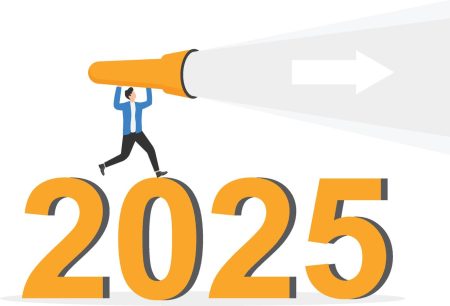Between half and three-quarters of older adults are diagnosed with pre-diabetes. But what does it mean? And what should you do if you get such a diagnosis? Increasingly, many experts say older patients should not overreact.
A diagnosis of pre-Type 2 diabetes often produces anxiety and confusion in seniors. It can lead to unnecessary tests and medications. And, if poorly managed, treatment can lower blood sugar too much, which is more dangerous for many older adults than diabetes itself, which is high blood sugar.
The important thing to remember is a diagnosis of pre-diabetes does not mean you are at high risk to develop diabetes. A 2021 study by Mary C. Rooney of Johns Hopkins University and colleagues found that barely one in ten pre-diabetic older patients progress to full-blown diabetes over a 6.5 year period. In fact, they are far more likely to return to normal blood sugar levels or die of another disease than become diabetic. Their paper was published in the journal JAMA Internal Medicine.
Don’t Over-React
Their findings don’t mean older patients should ignore elevated biomarkers. But they do mean that they, and their physicians, should proceed with caution.
Most older people can respond to elevated—though not excessively high— levels of blood sugar (or glucose) with modest lifestyle changes, such as a better diet or more exercise, most of which are appropriate for any senior.
Other responses, such frequent screenings or drug interventions may be unnecessary and even risky.
It is different for younger people or for those of any age who have heart disease or obesity. For them, more aggressive care often is appropriate.
Understanding Diabetes
Diabetes can be managed. But, uncontrolled, it may lead to heart disease, nerve damage, blindness, and hearing loss.
About 37 million Americans have diabetes. The average annual cost of treatment is $12,000, and overall the US spends more than $300 billion in medical costs directly related to the disease, according to a new study by Emily Parker of the Lewin Group consulting firm and colleagues.
It is important to know if you have diabetes or are at high risk for getting it. But pre-diabetes is not diabetes and, for older adults, it is not even a good indicator that they will progress to the disease. “Labeling people leads to a lot of anxiety,” says Judith Fradkin, a past director of the diabetes program at NIH. “A younger person may be at risk. But in older people, glucose progresses much more slowly.”
Physicians use several tests to measure blood sugar (or glucose). The most common is for the level of A1c. If it is 6.5 or higher, you are considered to have Type 2 diabetes.
Pre-Diabetes Is Different
Pre-diabetes is very different. There are five different tests and definitions of pre-diabetes, some more reliable than others. If your doctor uses the A1c test, pre-diabetes is indicated anywhere along a scale between 5.7 and 6.4.
But what does that mean? Well, only that your A1c level is somewhat higher than what is considered normal. But the tests themselves are imperfect.
Rooney and colleagues found that over 6.5 years, fewer than 12 percent of the older pre-diabetes patients she followed ever became diabetic. With some of the tests, the chances of progressing to diabetes were even smaller.
Risks Of Over Treating
The consequences of over-reacting to a pre-diabetes diagnosis can be serious. For example, the American Diabetes Association recommends a screening “at least” annually for those with pre-diabetes. And some physicians urge semi-annual testing. But those tests cost money and can lead to even more stress.
Rooney and colleagues say their study “highlights the potential futility of aggressive diabetes screening for older adults.” An earlier study by other researchers at Johns Hopkins reached much the same conclusion.
Similarly, drug therapies may be inappropriate for most people with pre-diabetes.
Metformin is the standard drug for diabetes. It lowers blood glucose levels but often comes with unpleasant side effects such as diarrhea or more serious though less common ones such confusion or breathing problems. It also is not appropriate for older patients with kidney disease. Fradkin and other experts say Metformin should not be taken for pre-diabetes.
Take A Walk
In a recent essay in the Annals of Family Medicine, Rani Marx, herself a physician, wrote about her own experience being diagnosed with pre-diabetes. Her conclusion: “Strict interpretation of marginal test results can result in overdiagnosis and overtreatment…. I and many others are over diagnosed.”
What should you do if you are diagnosed with pre-diabetes? First, take a deep breath. It is not the end of the world. Then, ask your doctor lots of questions. Learn how this condition is connected to other medical issues you may have. Then, take a good long walk. It might be the best thing you can do for yourself.
Read the full article here













